ATYPICAL Review

I have autism. Many of my closest friends have autism. I’m a registered behavior technician for autistic clients. I’m also a writer and an editor. These are my credentials for reviewing ATYPICAL. I thought I’d get them out of the way so there’d be no doubt. People can be pretty gung-ho about “lived experiences” these days. As a writer, this fervor over firsthand understanding (example: you need to be a woman to write good women) always bothered me. But ATYPICAL’s portrayal of autism shows why sticklers for authenticity may have a point. The series follows Sam, an 18-year-old autistic boy trying to date for the first time. ATYPICAL attempts to expand its spotlight enough to show the pressures his disorder places on his immediate family, with mixed results.
It’s not that the show gets autism wrong for lack of trying, it’s the opposite. ATYPICAL is obsessed with the accuracy of its portrayal of life on the spectrum. Early on, when Sam (played by Keir Gilchrist who, to be honest, does an amazing job) compulsively researches how to date, I analogized it to the show’s writers poring over every source they could on what autism is like. Fish-eye closeups are used to evoke Sam’s sensory anxiety. Terminology that I never expected to hear outside my job is thrown around casually. (DID YOU HEAR HER SAY REPLACEMENT BEHAVIORS? YES. WE DO IN FACT KNOW WHAT REPLACEMENT BEHAVIORS ARE.) But what ATYPICAL really proves is that, no matter how much research you do, you can’t produce anything believable with bad writing.
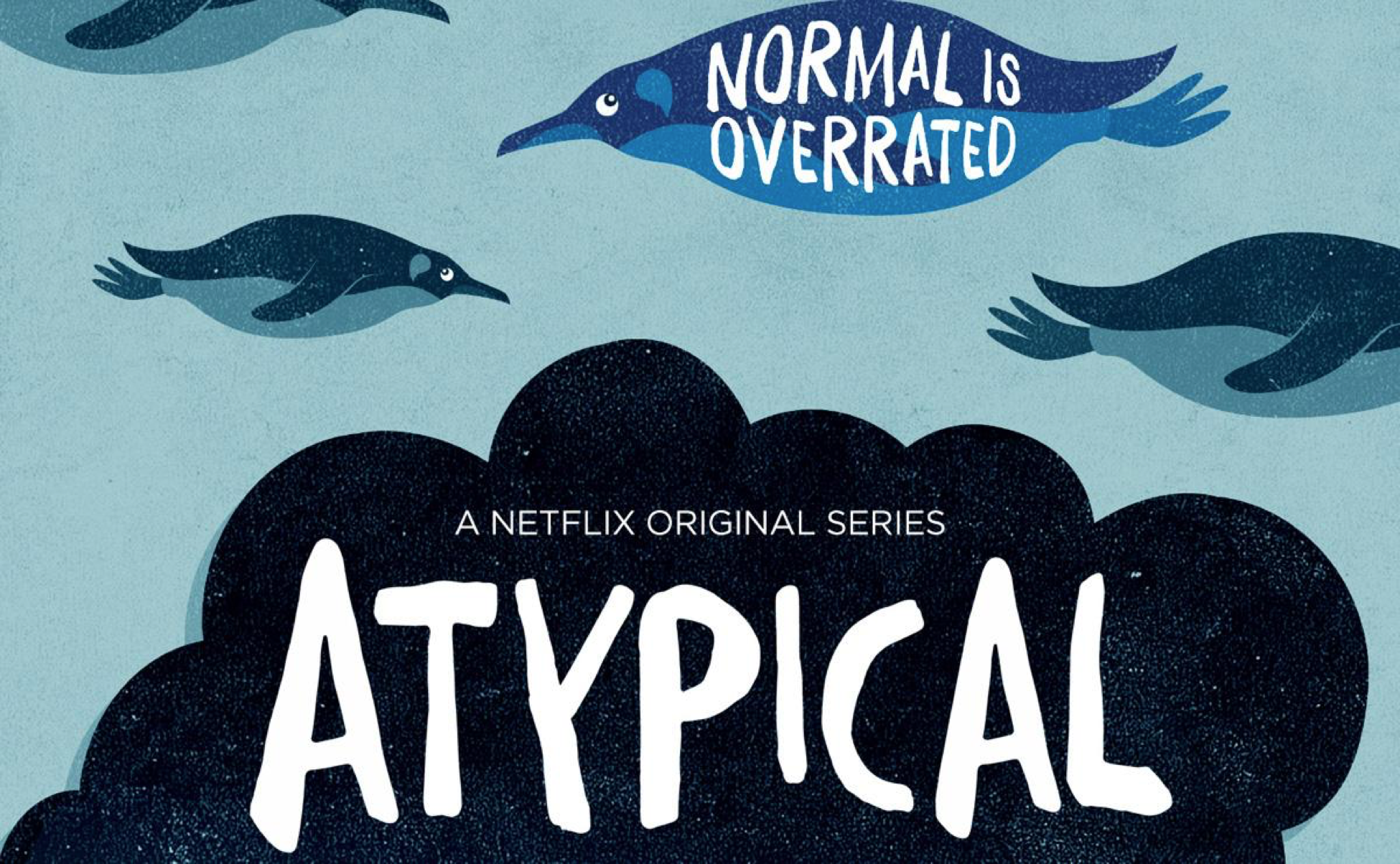
How do you do, fellow Aspies? I, as well, know about real-life autists
The quality of ATYPICAL’s dramatic writing varies wildly. At best, it’s solid (sometimes even good.) At worst, it’s hammy and unbelievable. It usually sits around a tolerable level of mediocrity. The comedic writing is consistently bad. The jokes are usually visible from a mile away, and even when they aren’t, they don’t land. A garbage character named Zahid (played by Nik Dodani, earnestly trying his best to sell the show’s worst lines) lowers the maturity and realism of the entire series with his antics, behaving like a character out of an Adam Sandler movie. In his first appearance, he leaps onto the screen without context and tells a story ending with the phrase: “Do me, brown sugar!” shouted twice. Just once would have been cringey enough. Even when he’s not involved, he encapsulates ATYPICAL’s biggest conundrum: this is a show made up of very talented actors trying their hardest to give humanity to an inconsistent and unbelievable script.
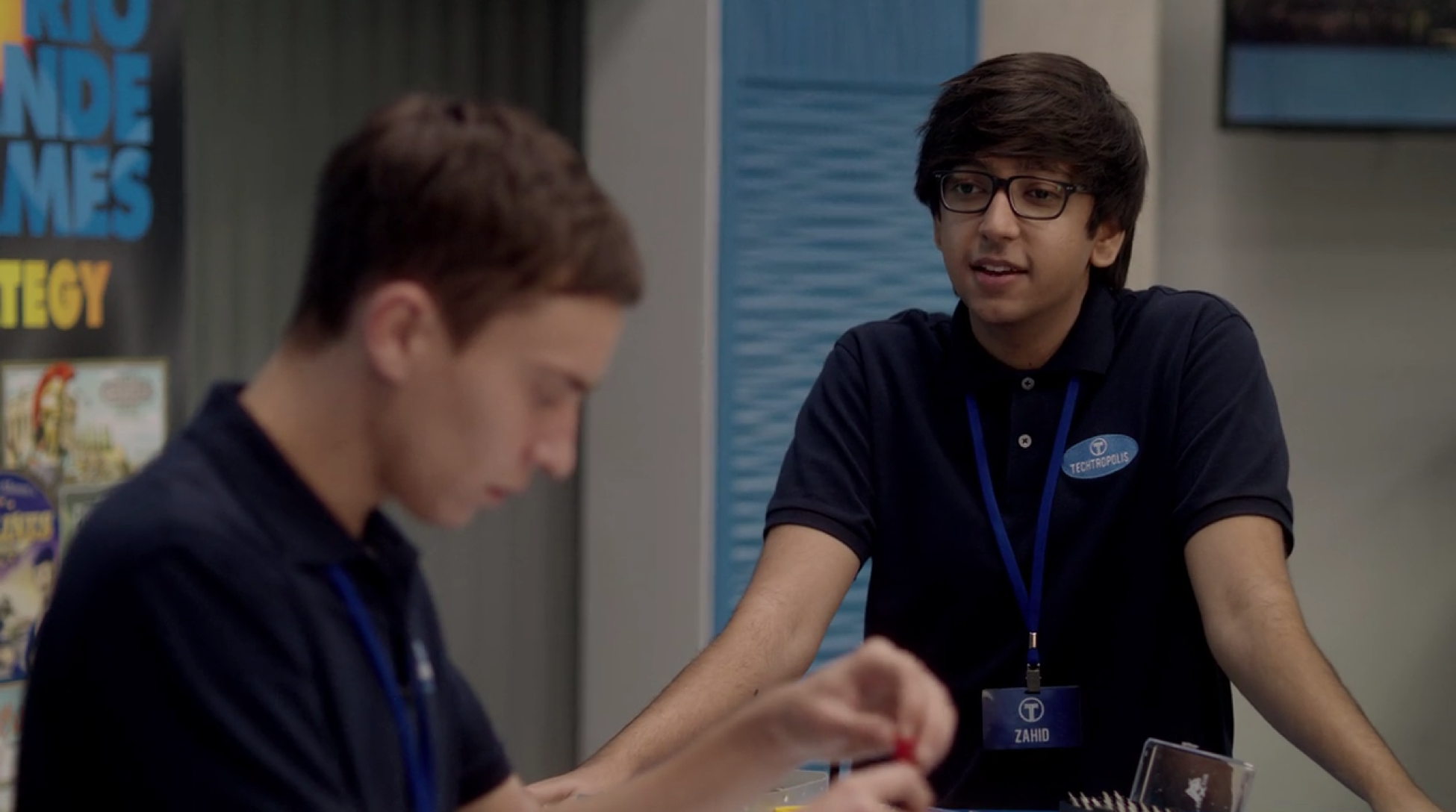
Ladies. Chicas. Boners. Lol
Jennifer Jason Leigh wants to make Elsa (Sam’s mother) sympathetic, but just can’t. Even when she’s not outright betraying her family, she takes the role of an overprotective wall, preventing her children from progressing in their lives. She does grow, but we’re left wondering why we ever should have cared for her in the first place. It’s more frustrating in that there are frequent allusions to her being the parent who truly looks after Sam, which would make her likeable if we saw it, but we never do. Gilchrist deserves all the credit in the world for playing Sam the way he does, autistic but still authentically human, never falling into the “robot” stereotype that tends to plague characters on the spectrum. It’s not his fault that for most of the show, Sam’s core personality traits seem to be the product of a very thorough read of the DSM-5.
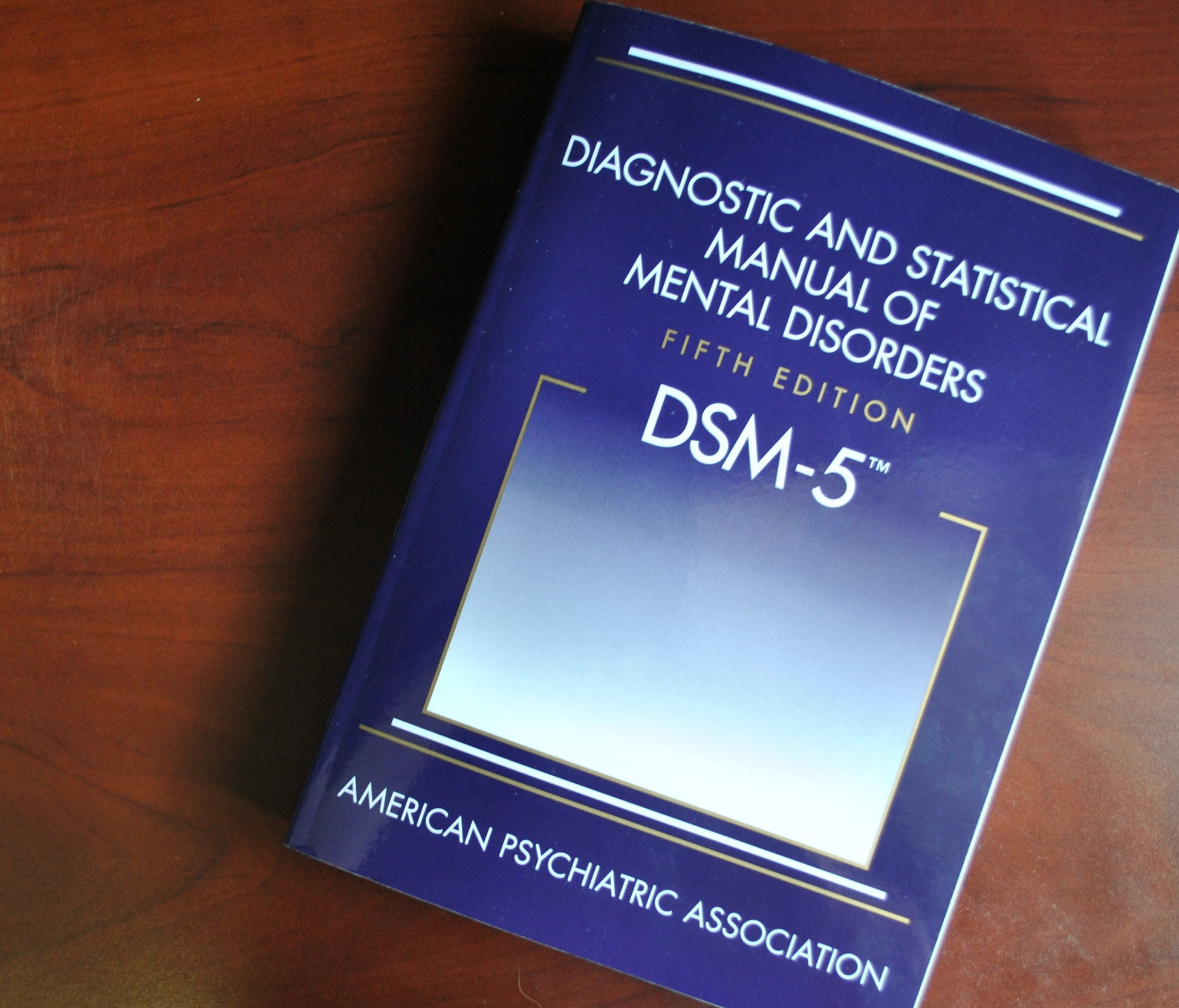
ATYPICAL is based on the best-selling book
And there are things that ATYPICAL gets right. Late in the series, there’s an utterly brutal and accurate depiction of an anxiety attack. I almost laughed in the moment when Sam and another autistic teenager sat across from each other, listing off their obsessive interests and hoping that the other shared them so they could have a mutually interesting conversation. But there are big things it gets wrong.
One of them is in its portrayal of women. Not that there aren’t good female characters. Sam’s sister Casey (played by the also very talented Brigette Lundy-Paine) is a standout. However, there’s a clear, disturbing expectation that we’re not supposed to feel for the women that Sam approaches as much as we feel for him. In the first episode, a college girl he asks out propositions him for sex pretty much immediately. (I guess being a brutally honest virgin is enough for some people?) But when she tries to initiate, he panics and physically shoves her. She is injured. But when she stands up and calls him retarded, he becomes the tragic figure. This continues throughout the series. When Sam hurts someone, it’s played for laughs. When someone hurts Sam, it’s a dramatic event. By the end, Sam understands that he’s responsible for all his actions, even when they’re mistakes. (After all, who else would be?) It would just be great if the show itself didn’t feel like it was totally exonerating him. In all our empathy for people who don’t mean to hurt people, we still need to acknowledge the people who are hurt.
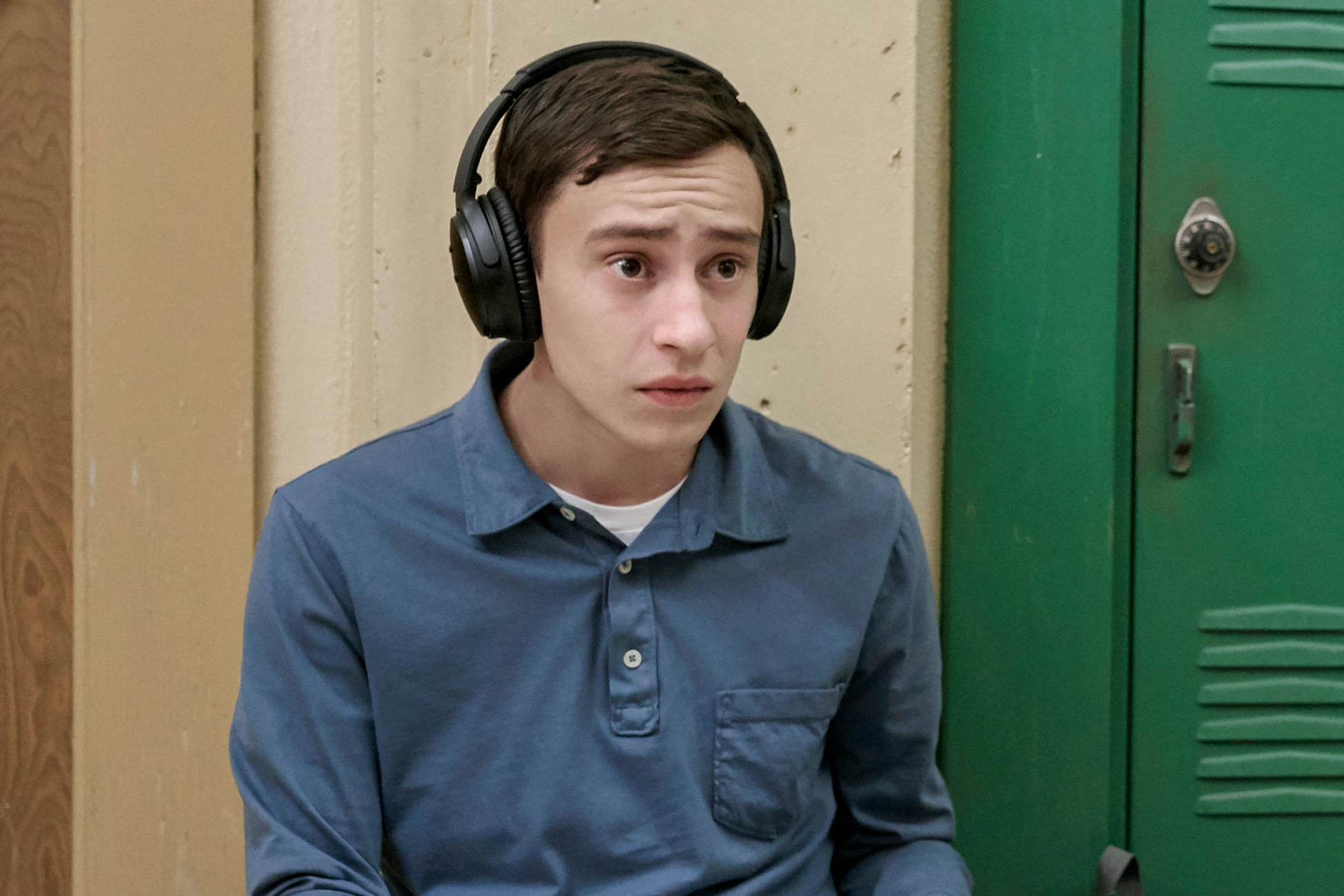
I would stop myself from saying horrible, shitty things to you but I’m JUST. SO. AUTISTIC
Throughout the series, there are other mistakes made in attempts to remain as inoffensive as possible. Without spoiling anything, I’ll make this statement: entire events should not change for the needs of one person. An entire school should not be inconvenienced. The line: “The world does not revolve around you” is thrown out by a character we’re not supposed to agree with. And yet I agree. I hate background noise. I always have. But the background noise at a loud social event is more often than not other people having conversations and having fun. The prospect of disrupting that entirely for my own comfort (or worse, other people disrupting it for my comfort) actually makes me uncomfortable.
IRL: dating while autistic sucks. I’ve described having autism before as living in a world in which everyone else has minor telepathy or speaks a second language that they expect you to know. This causes some predictable difficulties in picking up hints. You’re given the ridiculous advice of Just be yourself,” when being yourself in a public space is socially unacceptable. I was originally driven to watch ATYPICAL from one line. In the trailer, Casey’s boyfriend Evan awkwardly says: “Nobody’s normal.” By the way this scene was edited, I thought the trailer intended to acknowledge how wrong-headed this aphorism is coming from neurotypicals. Normal exists. Everyone has quirks, but quirks don’t make people abnormal; thinking on a totally different wavelength does. But no, when the line is delivered, it’s done without a hint of irony.
And maybe that’s the biggest disappointment, here. There are no real insights in ATYPICAL about living on the autistic spectrum. Just well-intended but overly meticulous research so that the showrunners can “get it right.” It’s not terrible, but there are better things on Netflix.
Verdict: Do Not Recommend



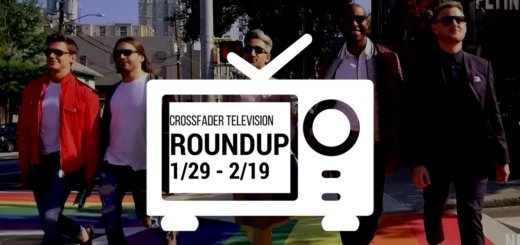
This show makes me extremely uncomfortable and I really couldn’t figure out why. After reading this, you seemed to point most of the reasons. I now feel relieved I’m not the only person that doesn’t find the show all that great.